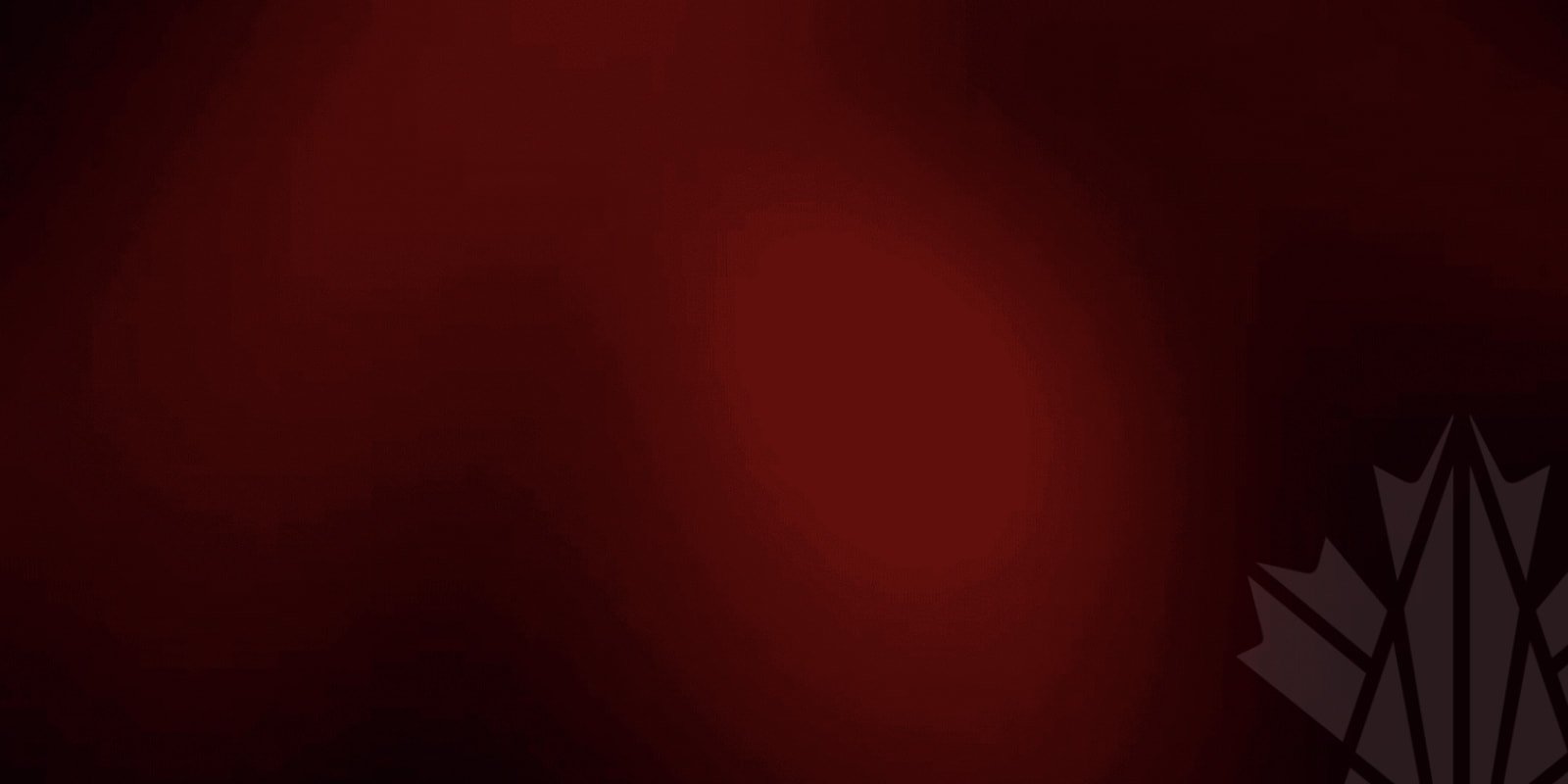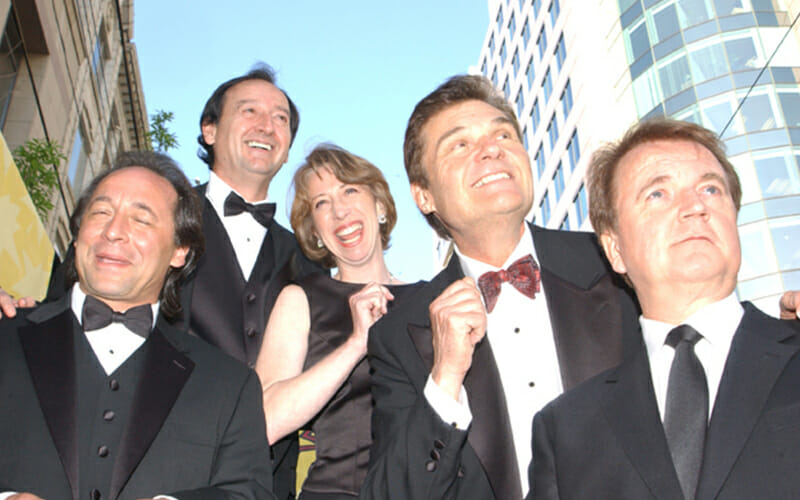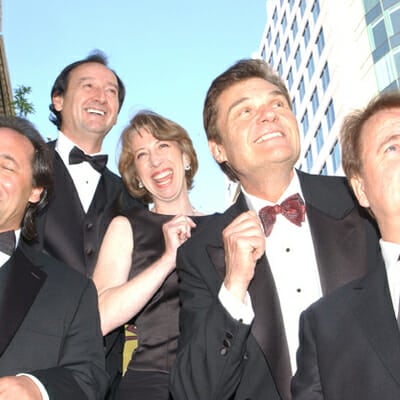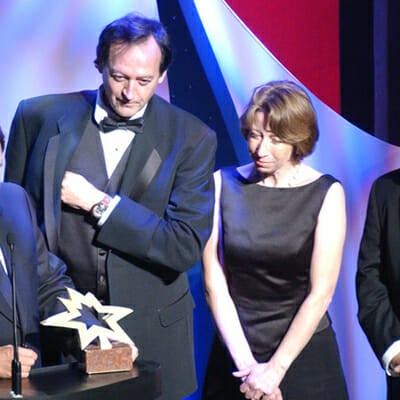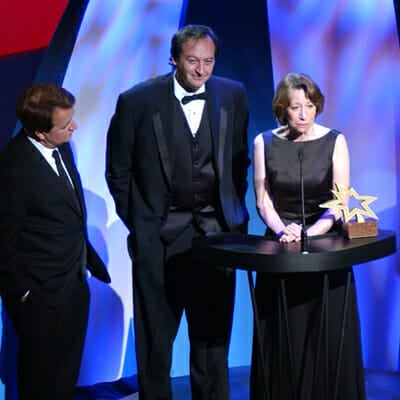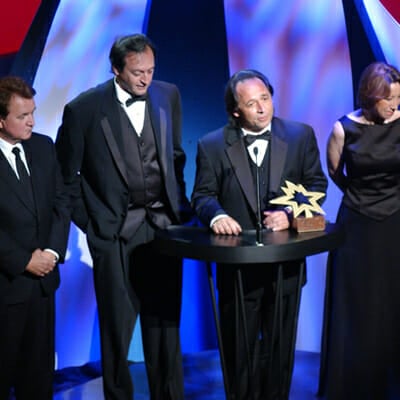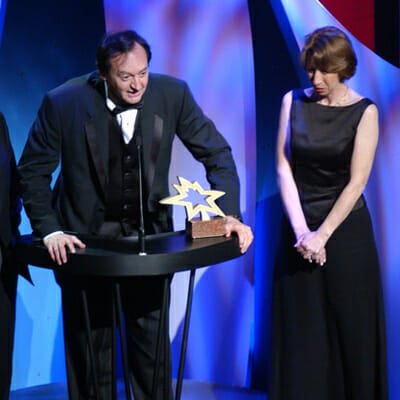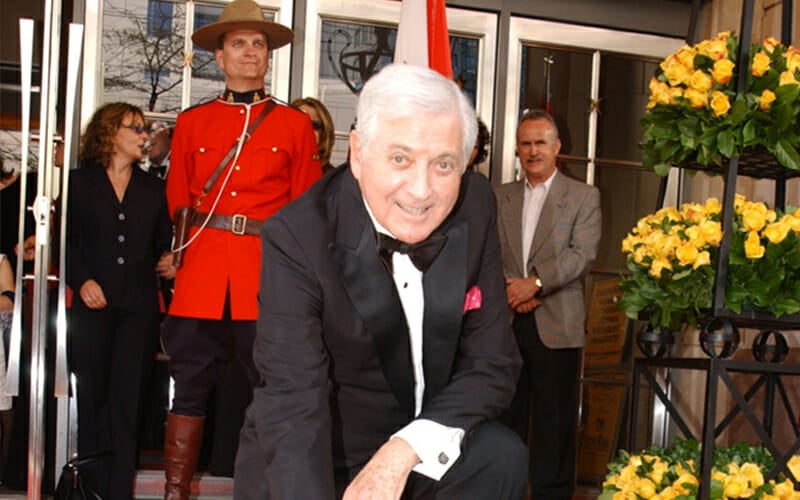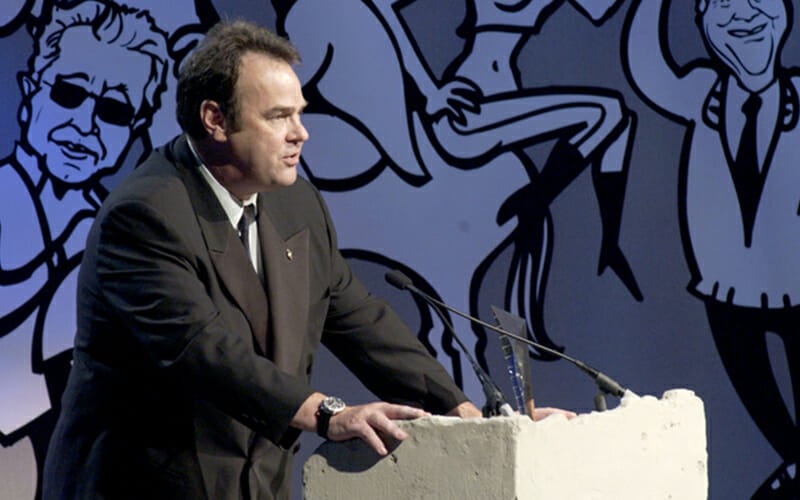The Second City comedy troupe opened in Chicago in 1959. But it was the Toronto version of The Second City franchise, and more notably the launch of the SCTV Network in 1976, that gave theatrical satire a North American profile and turned The Old Fire Hall on Toronto’s Lombard Street into a Canadian institution.
In 1973, Second City co-founder Bernard Sahlins and producer Joyce Sloane came to Toronto to open a Canadian version of the successful Chicago company. The first Toronto company included Valri Bromfield, Dan Aykroyd, Brian Doyle-Murray, Jayne Eastwood, Joe Flaherty, Gilda Radner, and Gerry Salsberg.
From the beginning, Second City was a critical and box office success. In 1976, Second City was launched on national television. The Second City Television Network premiered on Global Television in the fall of 1976. The name was changed to just SCTV in 1978. The program was syndicated in the United States before moving to NBC. The original cast became a showcase of famous Canadian talent including John Candy, Joe Flaherty, Eugene Levy, Andrea Martin, Rick Moranis, Catherine O’Hara, Dave Thomas, Robin Duke and later, Martin Short.
In SCTV’s impressive seven-year run, the program has received 13 Emmy award nominations and two Emmys for best writing.
